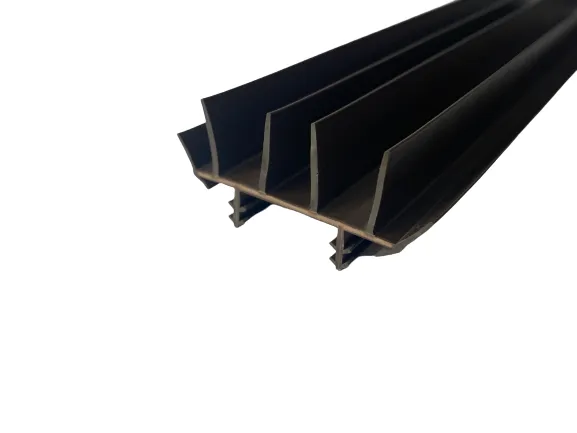Nov . 29, 2024 18:53 Back to list
OEM Car Fuel Tank Seal Gasket Replacement for Optimal Performance and Reliability
Understanding OEM Car Fuel Tank Gaskets Importance and Replacement
When it comes to vehicle maintenance and performance, often the smaller components go unnoticed. One such essential component is the OEM (Original Equipment Manufacturer) car fuel tank gasket. This seemingly simple part plays a critical role in ensuring the fuel system operates efficiently and safely.
What Is a Car Fuel Tank Gasket?
A fuel tank gasket is a sealing component located between the fuel tank and its various attachments, including the fuel pump or fuel filler neck. It is designed to create a snug seal that prevents fuel leaks, which not only ensures the efficient operation of the car but also enhances safety by mitigating the risks of fire hazards associated with fuel leakage.
Typically made from durable materials such as rubber, plastic, or composite materials, OEM gaskets are engineered to withstand high temperatures, fuel exposure, and the pressures exerted within the fuel tank. The OEM designation indicates that these gaskets are produced by the same manufacturer that makes the original parts for the vehicle, ensuring compatibility and reliability.
Why Are OEM Parts Important?
Choosing OEM parts over aftermarket components can make a significant difference in vehicle performance and longevity. OEM parts, including fuel tank gaskets, are meticulously designed to match the specifications of the original parts, ensuring a proper fit and optimal functionality.
Using OEM gaskets means you are less likely to encounter issues such as leaks or component mismatches, which can frequently occur when using generic or aftermarket alternatives. Additionally, installing OEM parts can help maintain the vehicle’s warranty and resale value, making them a smarter investment in the long run.
Signs of a Failing Fuel Tank Gasket
However, like any automotive component, fuel tank gaskets do not last indefinitely. Over time, exposure to fuel, heat, and general wear and tear can lead to deterioration. Here are several signs that indicate your fuel tank gasket may need to be replaced
1. Fuel Leaks The most obvious sign is the presence of fuel leaks. If you notice a puddle of gasoline under your vehicle or a strong fuel odor, it’s crucial to inspect the gasket for wear or damage.
2. Reduced Performance A failing gasket can affect the fuel delivery to the engine, leading to performance issues such as poor acceleration, rough idling, or stalling.
oem car fuel tank gasket

3. Check Engine Light Modern vehicles are equipped with sensors that can detect fuel system issues. If your check engine light comes on, it might be indirectly linked to a faulty gasket.
4. Corrosion or Cracking Visually inspect the gasket whenever you have access to the fuel tank and look for any signs of corrosion, cracking, or hardening of the material.
Replacing the Fuel Tank Gasket
If you identify a problem with your fuel tank gasket, it is essential to address it promptly to avoid further damage. Replacing a fuel tank gasket typically involves the following steps
1. Safety First Ensure that the vehicle is turned off and the fuel system is depressurized to prevent accidental spills or fire risks.
2. Accessing the Fuel Tank Depending on your vehicle, you may need to drop the fuel tank or access it from above. This usually involves removing various bolts and brackets.
3. Removing the Old Gasket Carefully detach the old gasket and clean the surface of the tank to remove any debris or old adhesive.
4. Installing the New Gasket Place the new OEM gasket onto the fuel tank, ensuring a snug fit. Follow the manufacturer’s specifications for torque settings to reattach the tank securely.
5. Testing After reassembly, start the vehicle and check for any signs of leaks or performance issues.
Conclusion
The importance of maintaining your vehicle cannot be overstated, and every component, including the often-overlooked fuel tank gasket, plays its part in ensuring safety and performance. By investing in OEM parts and being vigilant about potential issues, you not only protect your car but also enhance its longevity. Regular checks and timely replacements of parts like the fuel tank gasket can save you from costly repairs down the line, keeping your vehicle running smoothly for years to come.




